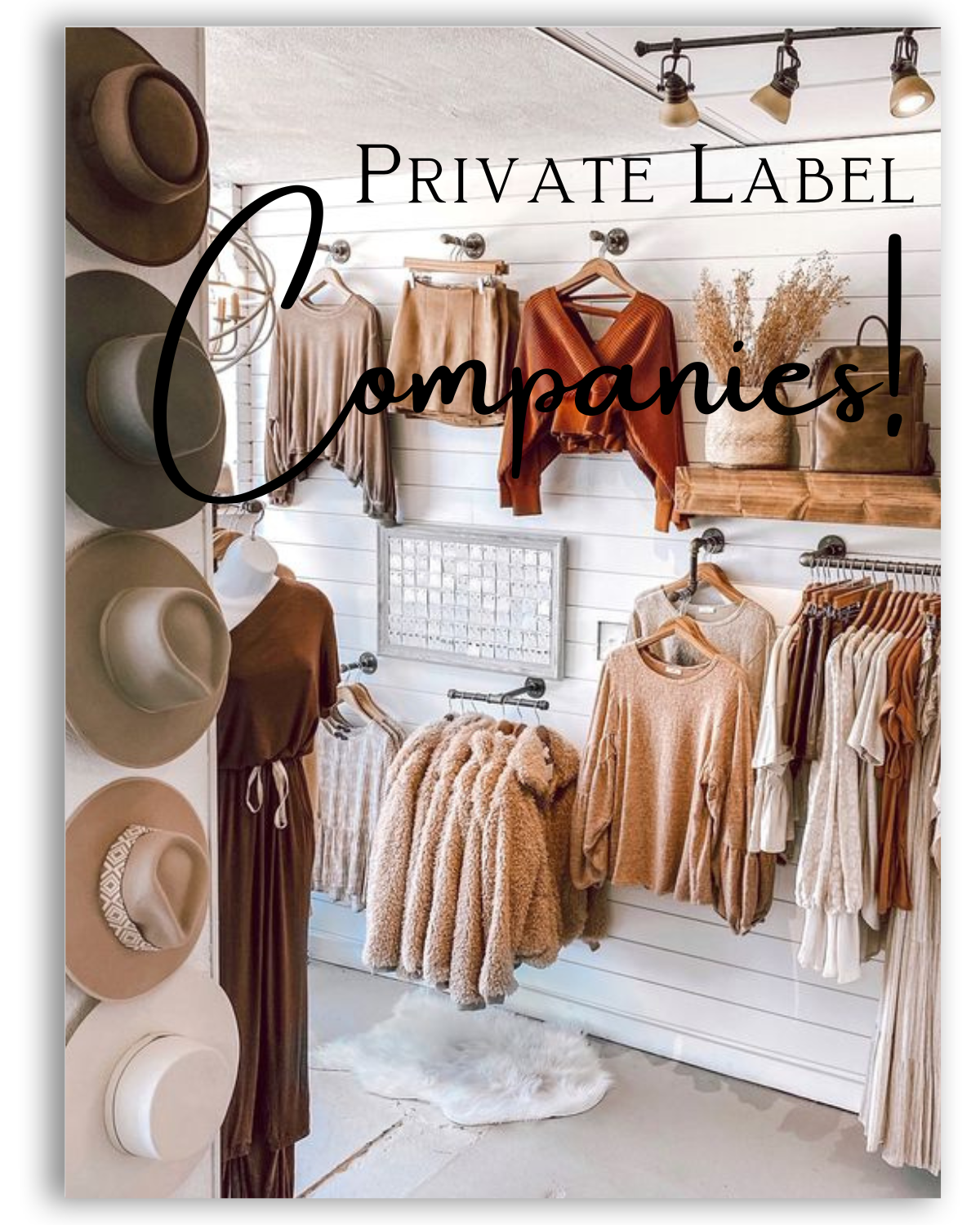Struggles to Success -Episode 1: Kana Markovic- Hug Music
Owning a business is all about the success, the failures, all of it, but nobody seems to talk about the struggles that we have. Today, I want to talk about the real things that business owners struggle with, and then how they get success after that.
"I think many business owners would relate, but employee management has been the most challenging thing before COVID"
If you would like to listen to the live show you can do so here!
Karen Holcomb: Welcome Kana & nice to meet you!
Kana Markovic: Nice to meet you.
Karen Holcomb: Why don't you go ahead and tell us about yourself.
Kana Markovic: My name is Kana and I live in New York City. I'm a pianist, I'm a mom, and I'm a board certified music therapist, music educator. And I'm an owner of a music school called Hug Music.
Karen Holcomb: I love this!! What year did you open up your business?
Kana Markovic: 2014.
Karen Holcomb: What struggles have you been through with your business?
"In the beginning it was really difficult to maintain employees. One of the reasons is, in New York people come and go and there are so many people it's a competition everywhere."
Kana Markovic: I think many business owners would relate, but employee management has been the most challenging thing before COVID. Right now, everything is mostly online so we have another challenge. But until COVID, the business has been flourishing, we have over 200 students every week. My husband and I are the owners plus we have several employees.. In the beginning it was really difficult to maintain employees. One of the reasons is, in New York people come and go and there are so many people it's a competition everywhere. Then as a new business, we weren't solid yet so we weren't able to provide a full time position.
Hug Music is about music therapy. Our school provides music therapy to students with special needs. That means we need consistency. So we don't want employees who would join and then leave in three months or so. We would like at least a minimum of one year. I didn't realize it was so difficult to find people who would be able to commit. Everybody's trying to make living in New York. So it was really difficult in the beginning because we have to provide consistency to the clients. However, the therapists are saying, "Oh, I have to discontinue working here," and "I got another job," and things like that. So it was really like a nightmare marriage.
Kana Markovic: I realized my husband and I weren't doing the interviews correctly. We are musicians, and musicians like to be spontaneous. So we opened the music school when my son was three months old.
Karen Holcomb: That's some kudos right there because that's hard.
Kana Markovic: I had my private practice and I had enough clients, but I wasn't thinking of starting a school. But when my son was three months old, I had a crazy idea. I told my husband, "How about we start a music school?" And he said, "Sure." So that's how we started. We started everything from scratch. Only what we know is to provide great classes, the content. So before I opened the school, I have developed my own method that combines music therapy and music education, so that children with special needs can study how to play music and how to learn, and they can also improve their life skills, important life skills, like discipline and the pre-academic skills. That method has been well received and It got a lot of reputation. So we knew how to create a great curriculum and how to do classes and make impacts on children's lives. But we didn't know how to find good employees or how to do an interview.
"I realized my husband and I weren't doing the interviews correctly. We are musicians, and musicians like to be spontaneous. "
Kana Markovic: Previously, what we were doing is we would be jamming when the candidates came and we ask, "What's your name and which school did you go?" They provide the resumes. We will say, "Let's jam." And we were playing and we were like, "Okay. So we like him or we like her, so let's work together," and that's how we were doing it. But we realized it wasn't the proper way to do a job interview.
So it was after two years, I was talking with my friend and then she didn't know that this is how I was doing the interview. So she said, "Kana, that's not how you do an interview." She used to be a director of a big English language school in Manhattan. So she said she knows how to interview so she told me how to do it. And then I followed her advice and I studied. We got great therapists who are committed and who are professional and who are caring. So since then, our struggles have been more resolved. Of course, life happens, but we have a solid system.
Karen Holcomb: Yes, That's great!. I know when I was hiring during COVID, it was really hard because nobody wanted to work. I can totally relate. So, what advice would you offer somebody who was going through what you've already gone through?
Kana Markovic: Okay. So clearly, nobody would be jamming when they do the interview. So I don't think this advice is necessary. But what they can do is to provide, when we do an interview, we have three sections. The first section is trying to understand how much research the candidate has done before coming to the interview. We rate with numbers because we are human so sometimes we feel like, okay, she knows a lot but later on you realize, I don't remember what she said. So I decided to rate every single question with the numbers, like from one to five, and then ask questions like, what do you know about this position? What do you know about this company? What is our philosophy? To make sure that we are a good match. So that's the first thing. The second thing is professional. If the person possesses enough professionalism, like being on time.. We ask hypothetical questions. Like in New York, everybody takes subways and the subway isn't really reliable, especially on weekends. So we ask, "So let's say you have a section starting from 10:00 AM and you're living here, what time do you leave your home?" So the candidate has to know it's Saturday so you have to take 15 or more minutes before you leave. And then if the candidate says "Oh, today it took only 45 minutes to get here, so I would leave at 9:15," then that's not a good sign because you have to see if the candidate foresees some unexpected situation, maybe the train doesn't come on time. There is always something. If the candidate said, "I try to leave 20 minutes extra, but thinking about Saturday, maybe I'll leave 8:45 or 8:30," then we'd be okay. It’s all about planning ahead.
So that really helps you as a boss, because you don't want to work with people who you set up everything for the employee, and then you're going to be working for the next semester and then the day before the semester, the employee comes and says, "Hey, I have something came up and I cannot work with you," we don't want to have that kind of situation. "If this happens, what would you do?" A hypothetical question to really understand professionalism. Lastly, it's about skills. We ask them to demonstrate and then make sure to rate everything with the numbers. That has been really helping us to really narrow down great candidates.
Karen Holcomb: Yes, I like how you really make them think about what time they need to leave. I always grew up that if you're not early, you're late. I love the fact that you rate your questions as well in the interview.
Kana Markovic: Yes. People who want to start your own business, you have to be reliable and you have to be professional. So I wasn't thinking that I have to ask that kind of question. But by working with many young, especially young, professionals, I realized these are the questions to navigate, what the job is about, in place. It's not in your mind like, oh, I'm going to be like this. I'm going to be like that. The train always comes smoothly and everything goes perfect. No, it's not like that.
Karen Holcomb: Absolutely! I so appreciate all the advice that you have shared, and the struggles that you shared. I think a lot of my followers will learn from this!! I'm going to get some more questions for you and I'm going to invite you back for another interview!! Kana, Thank you so much for your time.
Karen Holcomb: If you guys have any questions for Kana. Please comment below or, you can reach out to her at her website , Instagram, or Facebook!
Thank you again, Kana. Happy New Year!
Kana Markovic: Happy New Year!
Thank you for joining our podcast about Struggles to Success. If you would like to be a guest speaker please email me at: info@boutiquemarketingstudio.com
Welcome to my Marketing Studio tribe! Every business has a story. Let me help you tell the world! If you are an entrepreneur you have come to the right group. I am looking for all boss babes & boss dudes! Here we can all ask questions and share tips on running a business! Xo, Kiki If you need help with Marketing please reach out to me! Website: http://www.boutiquemarketingstudio.com Join my tribe for FREE Marketing tips, daily!! https://www.facebook.com/groups/marketingstudio








Leave a comment